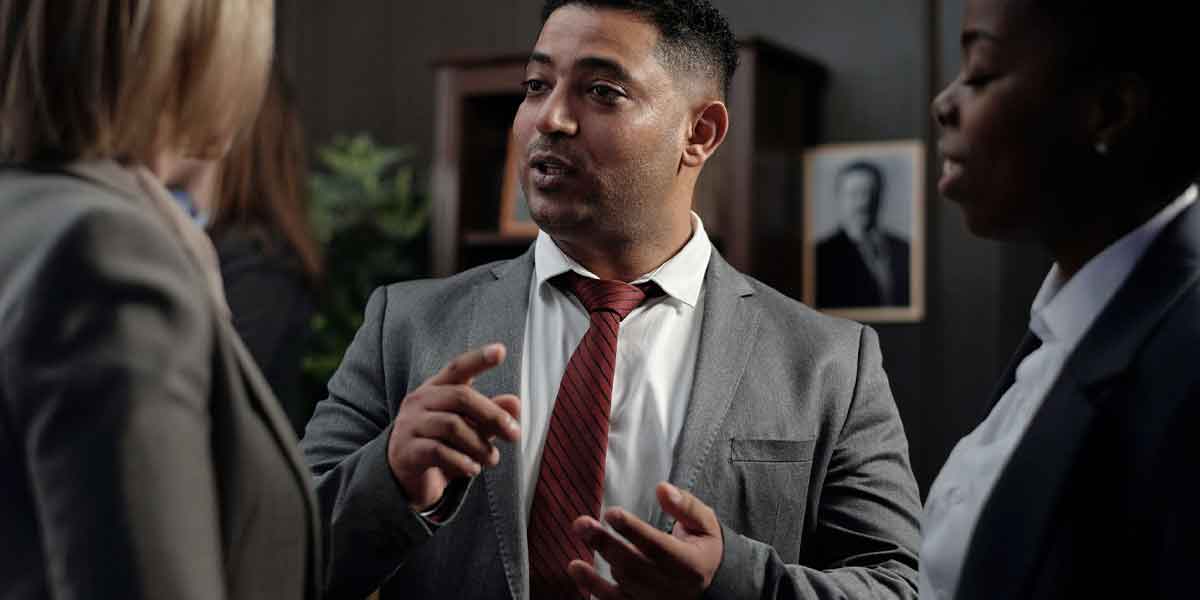Have you ever considered what happens to a deceased family member’s debts when they pass away suddenly? Many individuals mistakenly believe that they will be personally responsible for paying off the debts left behind by their loved ones. This misconception often leads to confusion and stress during the probate process.
Throughout their lives, individuals accumulate various debts, such as education loans, mortgages, and credit facilities. It is inevitable for most people to have financial obligations unless they are exceptionally wealthy.
Understanding Probate
Before delving into the fate of a deceased individual’s debts, it is essential to grasp the concept of the probate process. Probate is a legal procedure where the appointed executor presents the deceased person’s estate to the court. The executor then utilizes the estate assets to settle the deceased’s liabilities before distributing the remaining estate to the beneficiaries. With a clear understanding of probate, we can now explore the issue of debts.
Dealing with Deceased Debts in Probate
The reassuring news is that you are not personally liable for someone else’s debts unless you are a co-owner. In most cases, the deceased individual’s estate is responsible for settling all outstanding debts. The appointed executor of the estate is tasked with repaying the creditors, using only the estate’s funds as mandated by the court.
In situations where the deceased’s debts exceed their assets, the executor may need to allocate most or all of the estate to satisfy valid claims. If the estate lacks sufficient funds to cover the debts, creditors may have to consider the debts as unrecoverable. It is important to note that assets held in trust cannot be utilized during the probate process.
Validating Creditor Claims in Probate
Upon the individual’s passing, creditors are typically notified through public announcements, allowing them to submit claims against the estate. Some creditors extend loans without collateral, such as credit card companies offering unsecured loans. In probate cases, credit card companies often seek claims on the deceased’s estate, but the executor is not obligated to repay such debts without underlying assets.
It is crucial for the executor to discern valid claims and only settle debts with tangible assets. If uncertain about certain claims, seeking guidance from a probate lawyer is advisable to navigate complex scenarios effectively.
Settling Debts Post-Death
After identifying valid claims, the next step involves making payments. Prioritize settling insured debts first, as insurance policies may cover certain liabilities. If insurance is unavailable, the estate funds should be utilized to clear outstanding debts, following a specific order of priority. Executors should pay secured loans before unsecured debts and seek legal counsel if unfamiliar with the process.
Concluding Thoughts
Probate cases are often intricate and challenging to navigate, making it beneficial to seek professional assistance from a probate lawyer. These experts can help identify valid claims, prevent potential pitfalls, and ensure a smooth probate process devoid of major complications. By enlisting their support, executors can effectively manage debts and estate distribution with confidence.




